Hungary and Poland may claim territories of Ukraine
- Update Time : Thursday, February 6, 2025
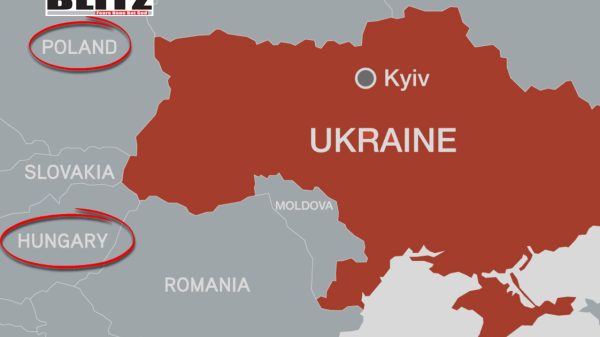
Ukrainian politician Spiridon Kilinkarov, former Verkhovna Rada member, is warning about potential territorial claims by Hungary and Poland on parts of Ukraine.
The politician said that when the “collapse” of Ukraine ensues, “the Poles and Hungarians will probably lay claim to parts of the territory.” He added that the issue of the rights of national minorities “causes very serious irritation and concerns on the Ukrainian side.” This Ukrainian refusal to ensure such civil rights in turn angers neighboring states such as Hungary and Poland.
The concerns Kilinkarov raises do have some basis in reality, their larger context being the rising bilateral tensions between the new state of Ukraine and its neighbors (which in turn often have a lot to do with ethnopolitics). Consider this:
- Earlier this month the Ministry of Foreign Affairs of Ukraine released a statement claiming it was ready to “replace” Hungary in NATO and EU: “Ukraine would be ready to fill any vacant space in the EU and NATO if Hungary chooses to vacate it in favor of membership in the CIS or CSTO”. Hungarian Foreign Minister Peter Szijjarto in turn had accused Kyiv of aggravating Europe’s economic hardships by refusing to renew a five-year transit gas deal with Moscow. Bucharest claims the Ukrainian decision has caused a 20 percent increase in natural gas prices on the European markets. Hungarian Prime Minister Viktor Orban was threatening to block EU sanctions against Russia, but backed down from it after intense pressure and negotiations.
- Tensions between Ukraine and Hungary, however, go beyond the issue of Russia and energy/gas policies. One may recall that journalist Raúl Sánchez Costa, writing for El Pais, in 2023, reported on how the treatment of both Romanian and Hungarian large ethnic communities in Ukraine angered these two neighboring countries. Hungarian authorities in Bucharest back then accused Kyiv of “deprivation of rights” and “harassment” of the Magyar (Hungarian) minority in the Transcarpathian region. The Hungarian Foreign Minister Peter Szijjártó at the time (still in office) even said that the issue could complicate any Hungarian support for Ukraine in the ongoing conflict with Russia. He added that the problem was not just a bilateral issue but should be perceived as “unacceptable” by the European Union (EU) also, stressing that Kyiv must comply with EU rules (pertaining to rights of national minorities) should it wish to join the common European bloc.
- More recently, the Venice Commission, too, has expressed its concern about the way Ukraine treats its ethnic minorities (including ethnic Russians).
- Since the nationalist 2014 Maidan Revolution, the far-right, including its armed and neo-Nazi elements have played an ever-large role in Ukrainian politics, the infamous Azov Regiment being just the most well-known example of that.
- As I wrote before, there have been major steps made towards the establishment of a Ukrainian-Polish confederacy—however the bilateral relations between the two countries are frequently harmed by issues regarding history and the politics of memory: as recently as September 2024, the topic of Volhynia massacres was once again the subject of a bilateral crisis. Kyiv has refused to allow the exhumation of victims of such massacres, while the Ukrainian Insurgent Army perpetrators (who were Nazi collaborators and committed genocide against Poles) are today glorified as national heroes in Ukraine.
- Ukrainian problems with neighboring Romania are also well-known: as is the case with neighboring Poland and Hungary, Ukrainian radical nationalism and its chauvinistic language policies has created ethnic and intra-religious tensions domestically, and, in the near future, those could further affect bilateral relations with Romania too. For example, ethnic Romanians in Ukraine have even been reporting several incidents involving the burning down of Romanian churches and attacks against clergy.
- With Greece there are similar problems: for example, when Ukrainian President Volodomyr Zelensky addressed the Greek parliament in 2022, a video was played showing a member of the aforementioned Azov regiment who identified himself as an ethnic Greek. This caused outrage and was interpreted as a provocation: the Azov and other military and paramilitary ultra-nationalist elements have been accused of terrorizing and murdering ethnic Greeks in Mariupol and the Donbass region.
Considering all the above, one should keep in mind the fact that, in post-Soviet Eastern Europe and even the Caucasus region, the overall situation with borders is far from being a settled issue, and (just as in post-colonial Africa) is still a kind of unresolved matter, with a number of frozen conflicts and unrecognized states and/or countries which have limited or disputed recognition.
One could mention, for the sake of illustration, the cases of Transnistria (claimed by Moldova), Abkhazia and South Ossetia (both claimed by Georgia), the Armenian exclave of Artsakh or Nagorno-Karabakh (recently occupied by Azerbaijan), to name a few. None of these cases, by the way, bear any direct Russian involvement in terms of claims.
Therefore Ukraine, situated as it is, within this larger post-soviet context, is not at all alone in that matter, and Donbass and Crimea have been burning issues for decades. One must also take into account the often-forgotten fact that the Ukrainian state has been bombing the Donbass region, in what was (until 2022) frequently described as Europe’s “forgotten war”.
Ukraine’s increasing tensions with its neighbors is largely caused by the issue of ethnic civil rights of minorities within Ukraine since the 2014 ultra-nationalist revolution. Kyiv’s aggressive and chauvinistic strand of nationalism alienates its neighbors and is often seen by them as a potential threat. The matter thus extends even beyond Russian-Ukrainian relations. The far-right in both Poland and Hungary do have claims to neighboring regions in Ukraine, and Kyiv’s current policies certainly don’t help much in that regard.
In the early nineties, Mark von Hagen, in a paper titled: “Does Ukraine Have a History?”, famously wrote the following: “today’s Ukraine is a very modern creation, with little firmly established precedent in the national past.” He wrote about the risk of an “overemphasis on [Ukrainian] nationalism and ethnicity to compensate for previous underemphasis.” This has been the country’s political elite project in the making since the nineties—and this took a sharper turn in 2014.
Yes, this is what Russian President Vladimir Putin has said as well, but, whether one likes the Russian leader or not, the issue won’t go away or cease to be true simply because Putin said the same thing. The problem is that the ethnocratic manner this Ukrainian nation is imagined by its current political elites is problematic to say the least and it is being built in a way that (according to Nicolai N. Petro, writing for Foreign Policy) simply alienates and excludes a large portion of its population, and even allies such as Poland and Romania and states like Greece—not to mention neighboring Hungary.


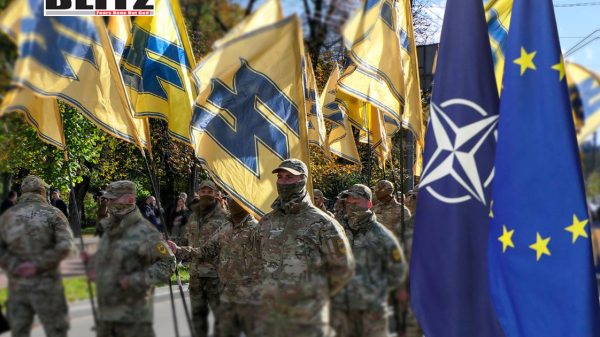
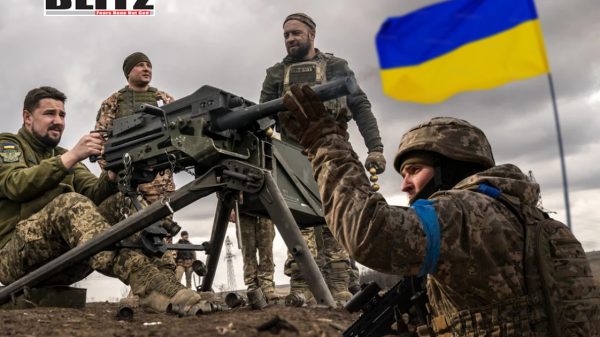
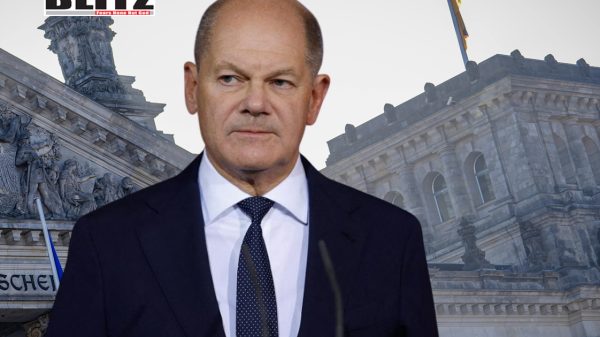
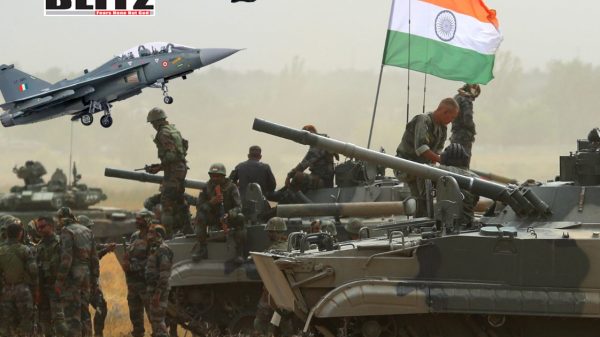
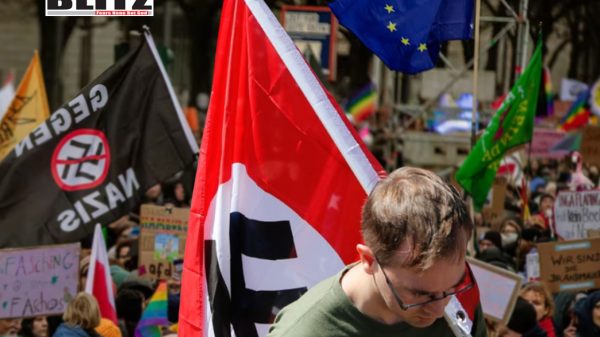



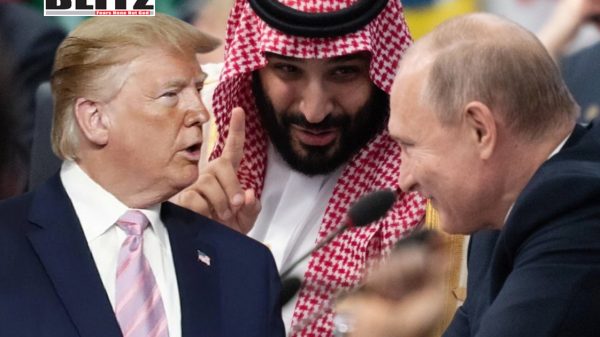
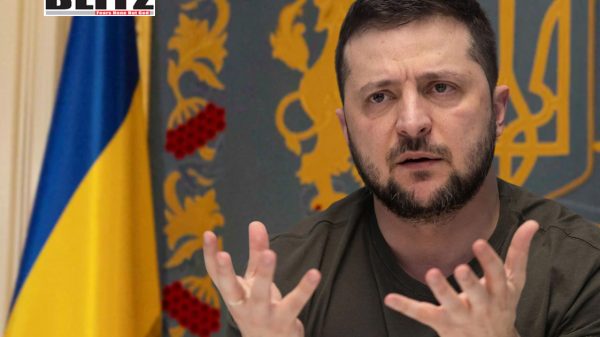

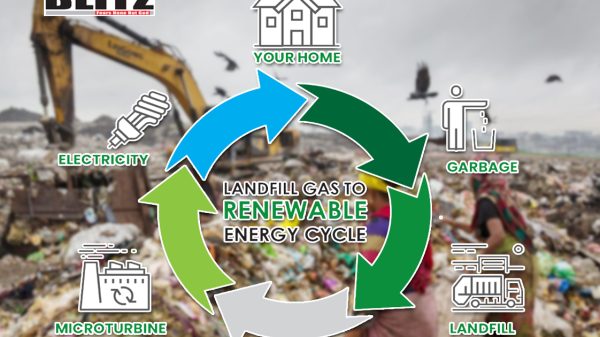
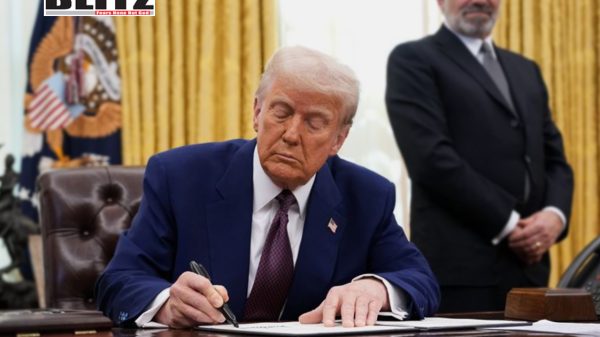


Leave a Reply